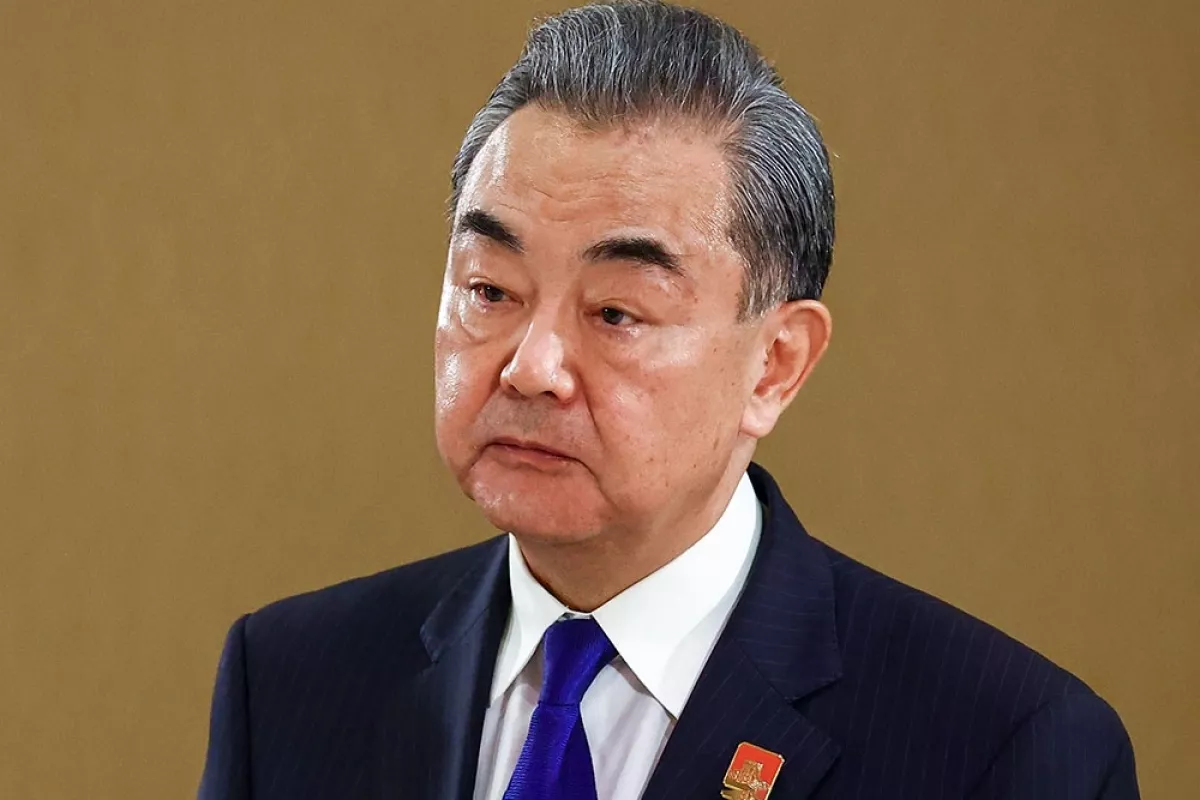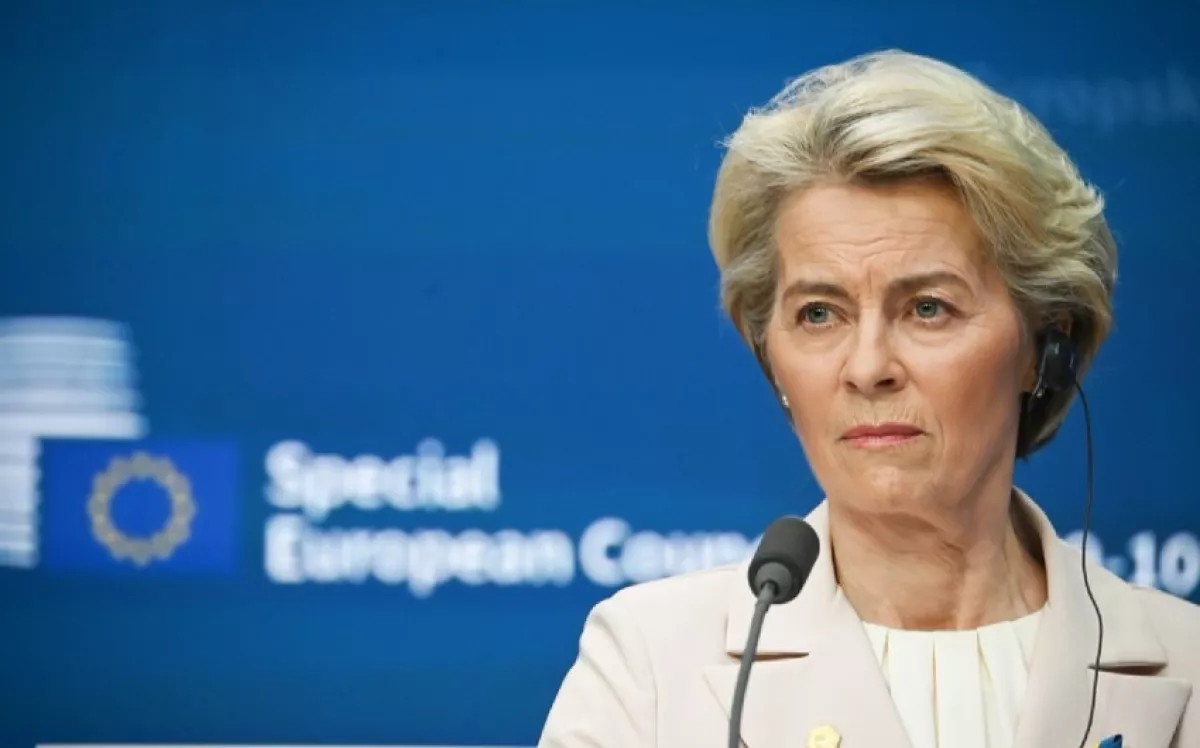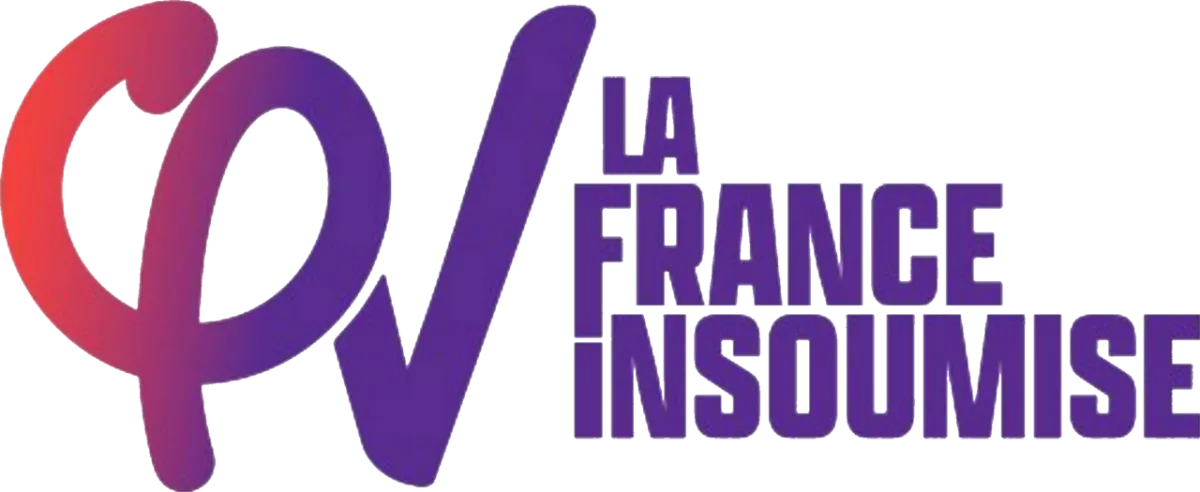How Beijing is pulling Europe out of the American orbit The Chinese manoeuvre
The relationship between China and the European Union, which this year marks its 50th anniversary, has never been easy — over recent years it has endured numerous challenges. And, as European and Chinese analysts write, new prospects are opening up for them in the near future.
In 2022, China was the largest source of imports for the EU and the third-largest export market. The volume of trade between these two centres of the global economy and politics exceeded 856 billion euros. Investments, joint ventures, and technology exchanges thrived, while major European companies such as Volkswagen, BMW, Siemens, and Airbus actively operated in the Chinese market.
Until recently, Brussels viewed China as a strategic partner and, at the same time, as an economic competitor and systemic rival. However, due to pressure from the United States, security issues, the trade war, and the geopolitical orientation of the parties, relations between these two centers of power have changed in recent years — and not for the better.

In truth, China, for its part, is doing its best to maintain relations with the EU. For example, in February 2025, speaking at the Munich Security Conference, Chinese Foreign Minister Wang Yi urged Europe to reconsider its relationship with the “workshop of the planet.” According to him, “China has always seen in Europe an important pole in the multipolar world [...] China is willing to work with the European side to deepen strategic communication and mutually beneficial cooperation.”
These remarks came against the backdrop of radical changes in US policy following Donald Trump’s rise to power. Whereas the previous president, Joe Biden, saw Europe as an ally in the confrontation with China, the new White House occupant simply wrote off the old continent, denying it a place in global politics.
The Chinese Foreign Minister also emphasised that Europe should participate in peace negotiations on Ukraine, sharply contrasting with statements from US leadership that the EU would not be included in dialogue between Kyiv and Moscow. Wang Yi discussed this issue with the EU High Representative for Foreign Affairs and Security Policy, Kaja Kallas, once again highlighting Brussels’s “important role” in the peace dialogue.
Senior Research Fellow of the Asia-Pacific Programme, William Matthews, commented positively on this Beijing initiative in the pages of Chatham House. Furthermore, he believes that China’s participation in the peace dialogue could serve as a counterbalance to the unpredictable policies of the United States and act as a warning to Washington that ignoring Europe may lead to unforeseen consequences. Although China’s mediation has so far been relatively low-profile, its economic ties with the EU and Beijing’s reputation on the world stage could have a positive impact on the course of negotiations.
However, Europe will have to make a number of serious compromises. According to Matthews, the EU needs to abandon some outdated liberal doctrines and adopt a pragmatic strategic approach in global politics. In addition, Brussels will have to make certain economic concessions to China. In partnership with this country, the EU could balance between the US and Russia and safeguard its interests in the world.

Speaking of the economy, it is worth noting that European Commission President Ursula von der Leyen, who once advocated a tough EU policy towards China, has proposed exploring opportunities for potential trade expansion and constructive engagement. Germany, which is heavily dependent on trade with Beijing, opposed the EU tariffs on Chinese automobiles. All this takes place against the backdrop of Trump’s demands for increased defence spending in Europe and the escalation of the trade war that the US is waging against both China and the European Union, pushing both the Chinese and Europeans closer together.
However, despite growing dissatisfaction with American policy in Europe, Brussels is not yet ready to reorient its foreign policy towards China. According to The Diplomat, a “full-scale détente” in China-EU relations is currently unlikely. Disputes over industrial policy continue between the two sides, and the trade deficit raises concerns about dependence on Chinese technologies.
The rhetoric of European politicians and media towards the Middle Kingdom is also difficult to characterise as “friendly.” Quite recently, French Chief of Staff Thierry Burkhard stated that three countries — Russia, Iran, and China — are conducting “hybrid attacks” against France that “slow down decision-making.” Among the tools of these attacks, he mentioned “bedbugs, images of red hands and the Star of David, information about recruitment of volunteers for the eastern front, and a performance involving coffins near the Eiffel Tower.”

At the beginning of summer, Member of Parliament for “La France Insoumise” Sophia Chikirou presented a report on Europe’s relations with China, which was adopted by the National Assembly. The report included the following key points:
— Europe’s stance on relations with China largely depends on Washington’s opinion. European bans on Chinese technology companies such as Huawei, increased scrutiny of Chinese investments, restrictions on cooperation in high technology, and limitations on Chinese students studying advanced scientific fields—all of these are driven not by objective reasons but by American pressure.
— On certain issues, France has more in common with China than with its so-called friends in the “common European family,” such as Germany.
— The French Foreign Ministry has no real evidence of “Chinese interference” in the affairs of all countries worldwide, and attempts to push forward agendas are made by everyone, including the EU, France, and the US.
The report was published on June 17, sparking a political scandal. Its release was accompanied by numerous comments from the French establishment, stating that the facts presented play into China’s hands. Journalists emphasised that the leader of “La France Insoumise,” Jean-Luc Mélenchon, personally shares the report author’s views, and that its content does not correspond to the official position of Paris regarding Beijing.

Thus, from the above, the following conclusion can be drawn: European leaders are likely to maintain a cautious balance, softening criticism of China while preserving ties with Washington. Moreover, pragmatic relations may have their advantages—for example, the ability to navigate between superpowers, securing Beijing’s support on some issues and Washington’s on others. As the world becomes multipolar, neither the EU nor China benefits from a binary “with us or against us” system. Instead, the complexity of the situation must be acknowledged and pragmatic cooperation developed.








